There are so many bug repellents on the market, and as summer draws near they seem to be conveniently placed on endcaps and in aisles wherever you go. It’s so easy to quickly grab a bottle and move on. But just because these familiar products are readily available doesn’t mean they are the right choice for you. Here are a few points to consider when deciding how to protect your family from pests this summer season.
1. DEET or No DEET?
We’ve likely all heard of DEET. DEET (N,N-diethyl-meta-toluamide) is a chemical compound most commonly used in conventional bug repellent spray. DEET is highly effective at repelling bugs. This chemical compound has been used since 1957, and is still widely recommended as a pest repellent. Bug sprays come in a variety of DEET concentrations from 4% to 100%.1
A quick internet search of DEET results in hundreds of published articles with a wide range of claims about DEET on our health, some neutral and some awful. All this hype is enough to make anyone pause and think about this chemical compound.
DEET is extremely effective at keeping mosquitoes away and is recommended for use by the CDC when entering areas with high mosquito populations.2 The concern with DEET is that it needs to be used as directed. DEET bug spray instructions typically state that it must not be applied on hands or mouth, and needs to be washed off of skin before returning indoors.
Several studies have linked DEET to illnesses, including damage to the central nervous system when not used correctly.1 These studies are scary and may make you want to consider using alternatives some, if not all, of the time. Alternatives use plant-based ingredients that can be just as effective as the leading bug sprays.
2. Skin Sensitivity
For those with sensitive skin, summertime can be a burden. Sunblocks and bug sprays can cause irritations that lead to rashes. These skin irritations and allergies can be not only annoying, but also hard to clear up without alternative methods of protection. All-natural repellents are known to be less aggressive on the skin, and many don’t even need to be applied to the skin at all. Products like wearable repellents, incense, and candles can alleviate the need for any substance to touch the skin.

3. Smells
Nothing says summer like the mingling scents of melted ice cream, fresh-cut grass, and pungent bug spray! But this less-than-flattering combo doesn’t have to be your signature sunshine perfume! Alternative all-natural repellents smell wonderful and don’t make you cough or cause your eyes water. Many natural alternatives use plants such as lemon eucalyptus, lavender, and rosemary – just like our Mosquito Repelling Incense Sticks. Burning the incense creates a lovely aroma and invisible shield to keep mosquitoes away!

We believe in giving our customers effective, chemical-free solutions to their pest problems. Our line of natural mosquito repellents (which also works on other insects such as ticks!) offers safe and useful products to keep your family protected. Having options for bug repellents suitable for your favorite outdoor activities can make all the difference in your comfort this summer.
- Diep, F. (2014, June 04). Is DEET Safe to Use? Retrieved April 5, 2019, from https://www.popsci.com/article/science/deet-safe-use
- 2. CDC. (n.d.). Fight the Bite for Protection from Malaria Guidelines for DEET Insect Repellent Use. Retrieved April 5, 2019, from https://www.cdc.gov/malaria/toolkit/DEET.pdf


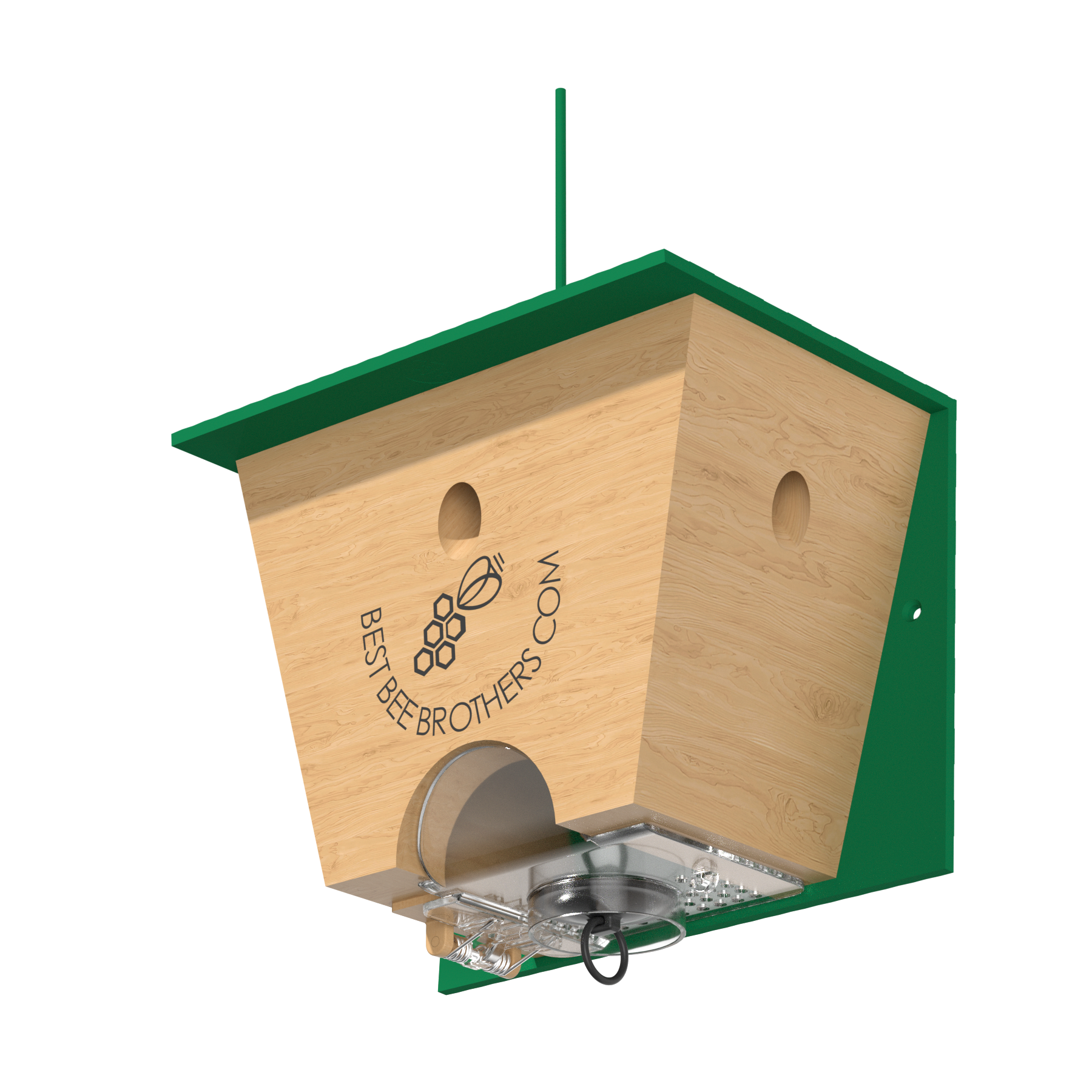
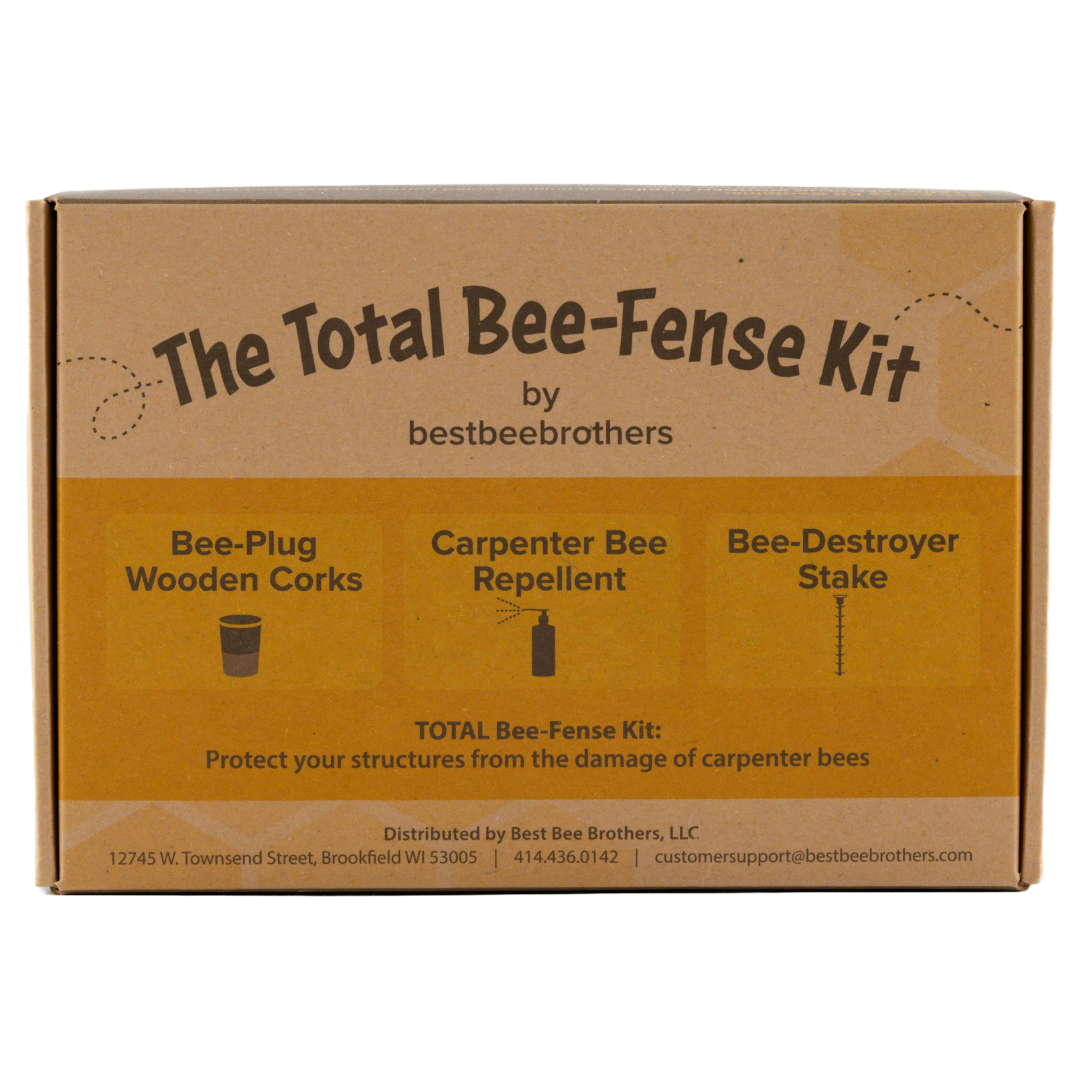
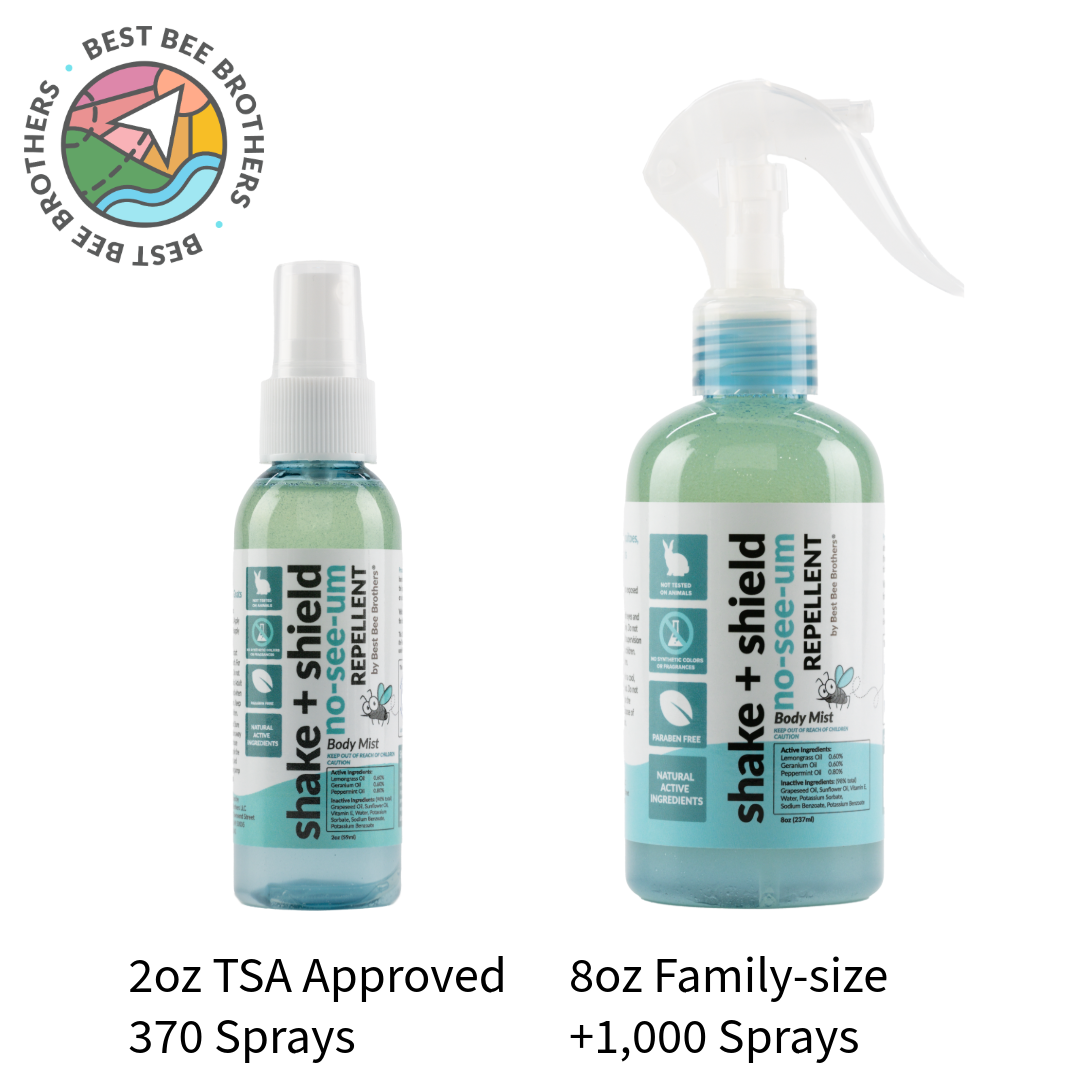
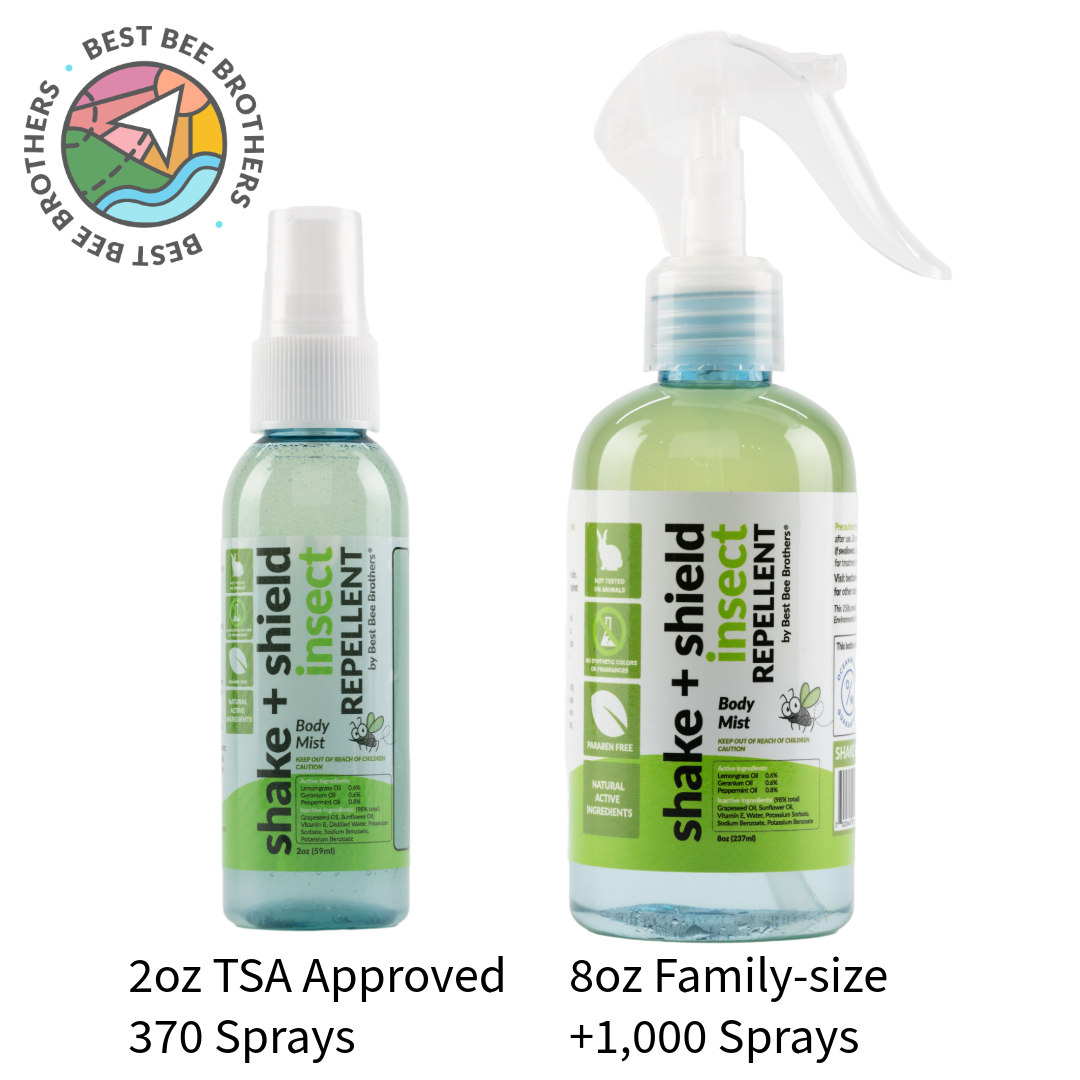
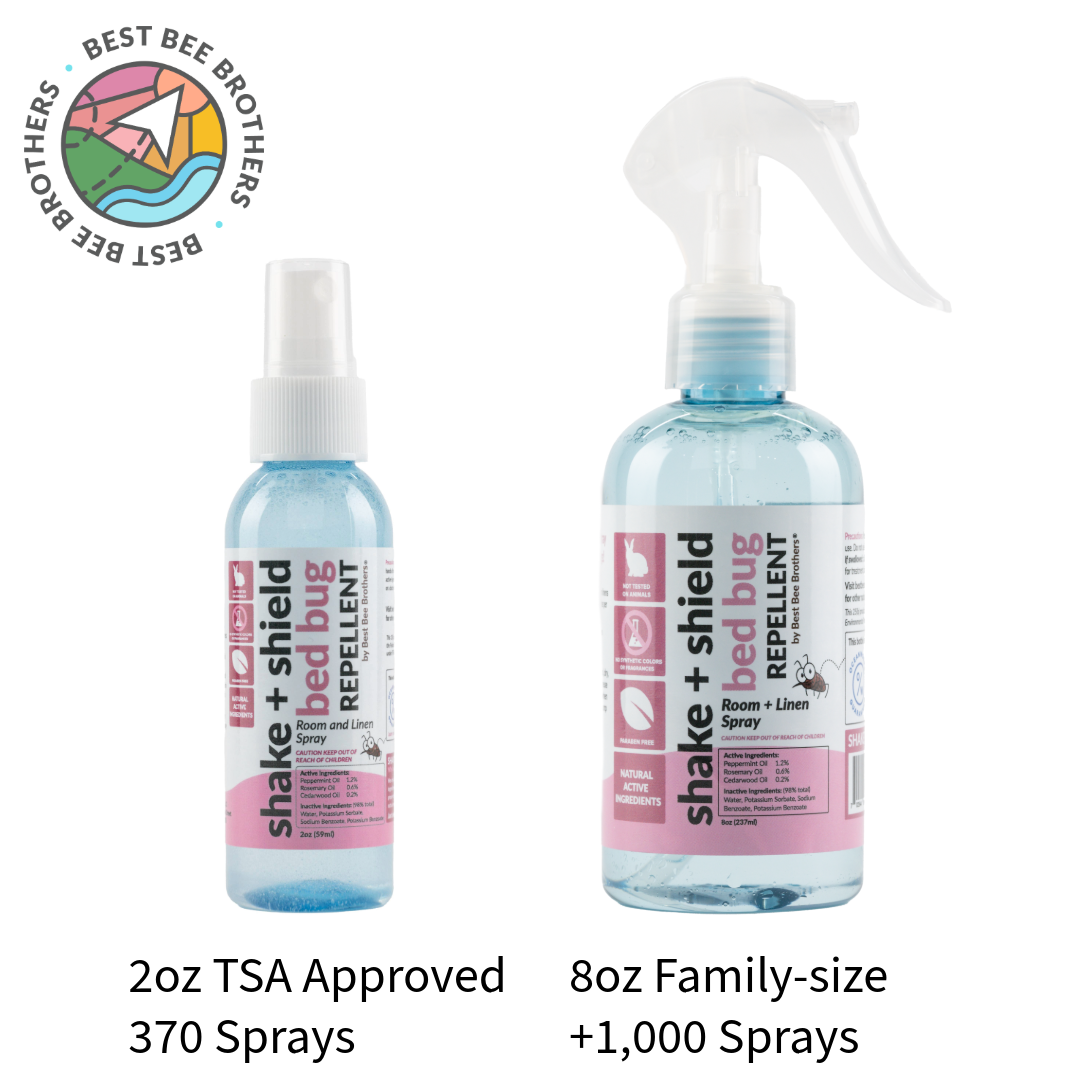
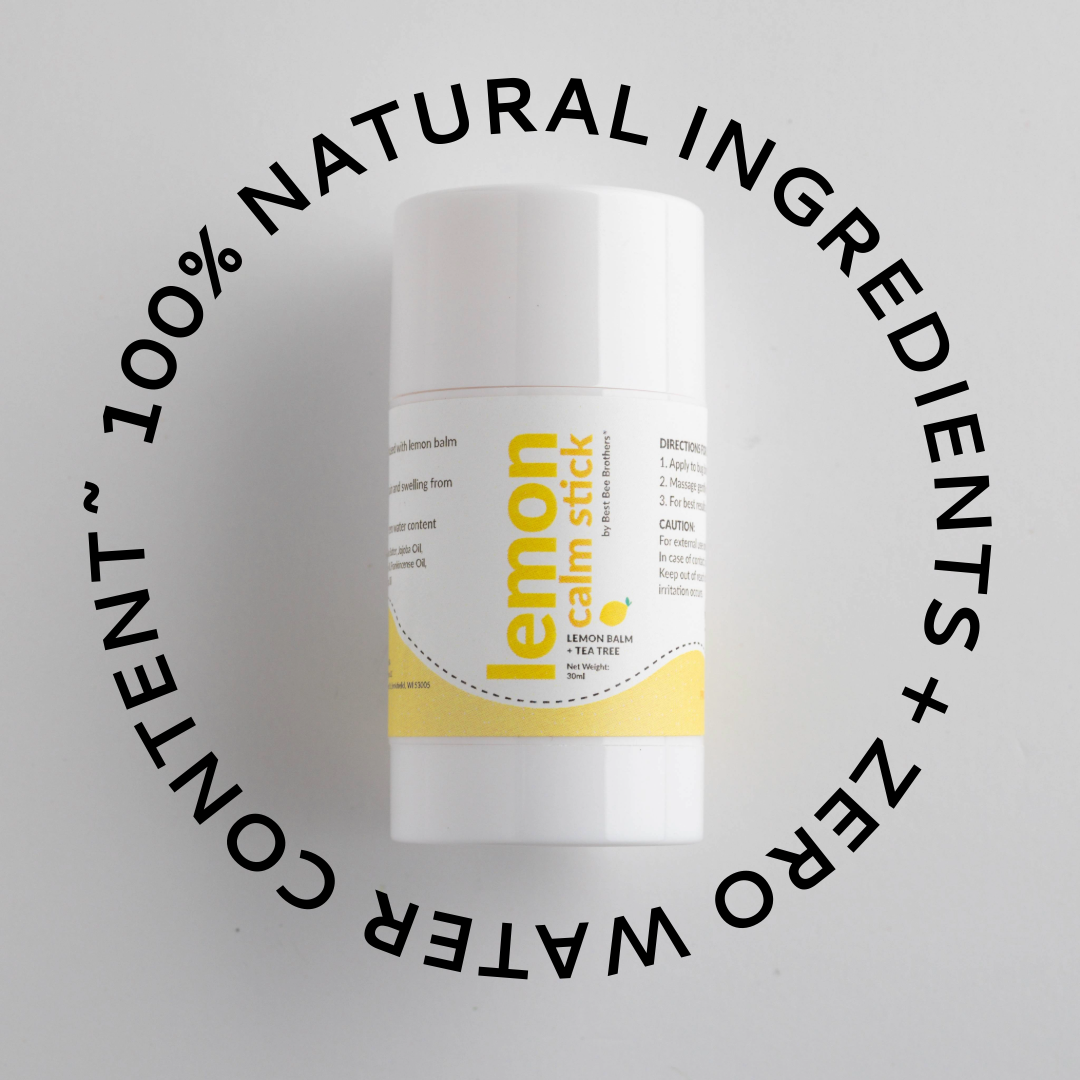
Leave a comment
All comments are moderated before being published.
This site is protected by hCaptcha and the hCaptcha Privacy Policy and Terms of Service apply.